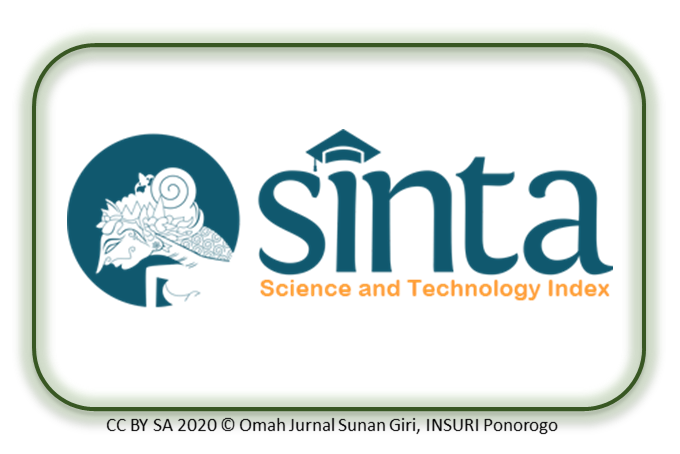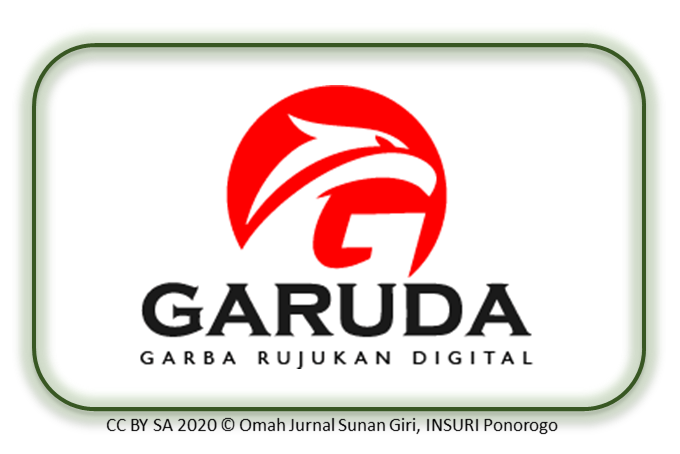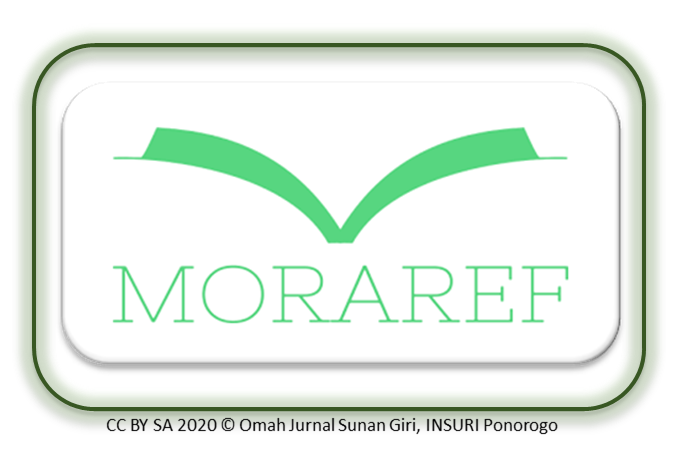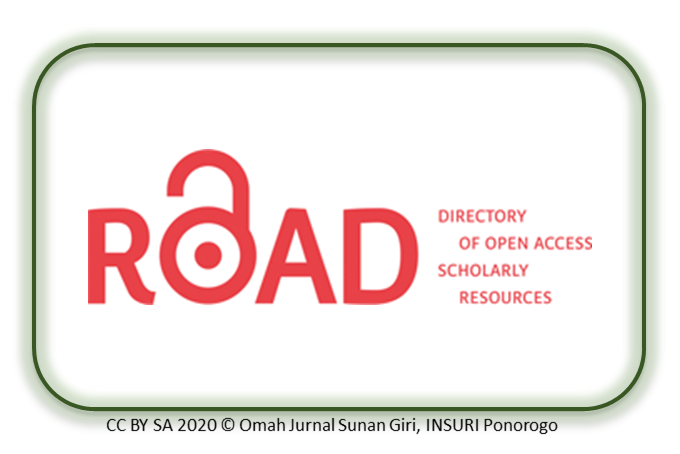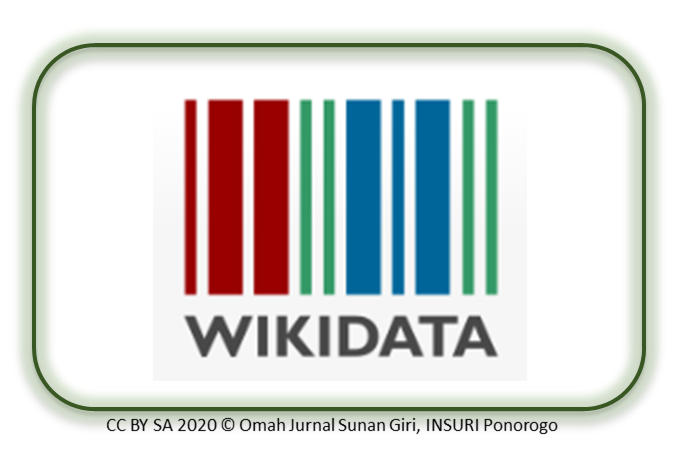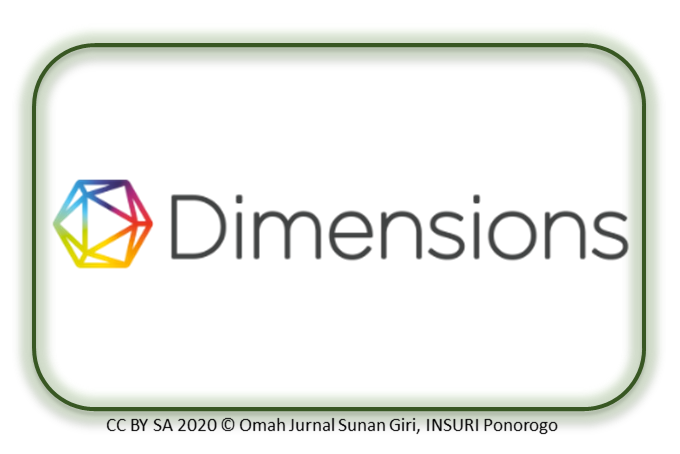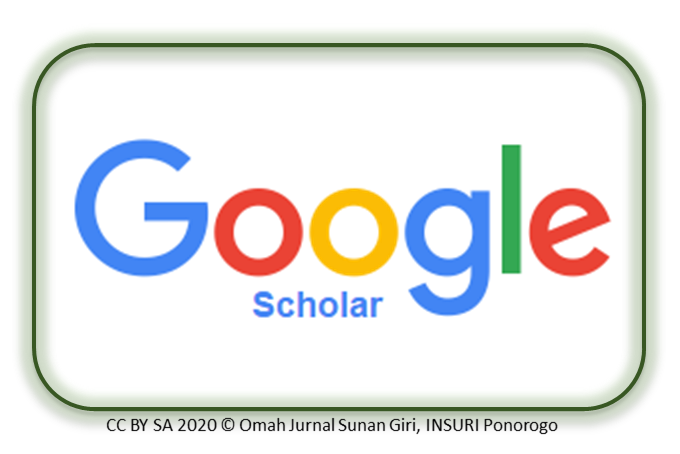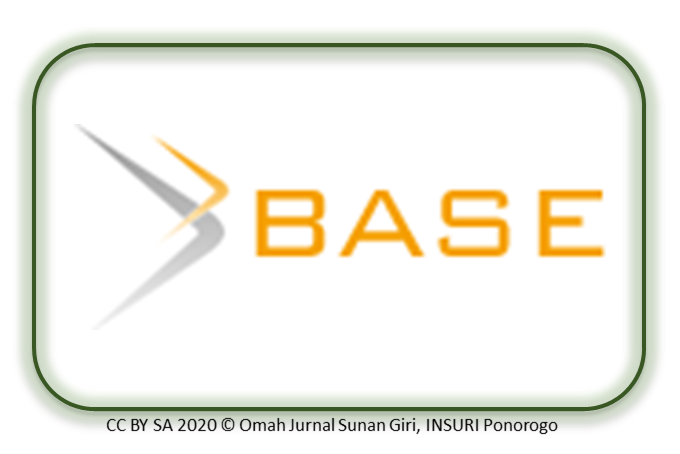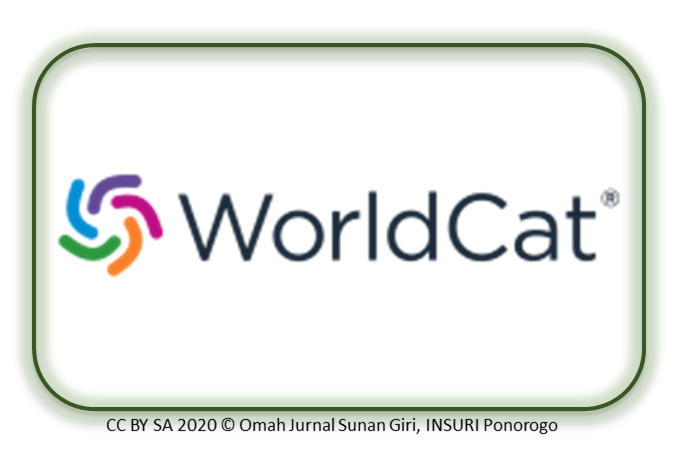Metode Terapi Murrotal Al-Quran Dalam Penanganan Stres Studi Kasus Pada Mahasiswa PENS Teknologi Rekayasa Internet 2021
Abstract
Stress is a reaction of a person's body that arises as a result of the person facing a threat, pressure, or a change in the environment where the person is. In addition, stress can also make sufferers feel hopeless, frustrated, and even want to commit suicide if they don't get the right handler. Stress is divided into 3 levels, namely low, medium, and high. Everyone can be exposed to stress, it does not trigger students, therefore a student must know ways to deal with stress that is experienced. Poor stress management can have a negative impact both physiologically and psychologically. One way that can be done is listening to murotal Al-Quran, this is because Allah SWT has sent down the Qur'an as a healer for humans. The research method used is quantitative and descriptive, by using questionnaires to measure stress levels and determine student interest after analyzing data with observation methods through literature studies such as articles, journals, hadith, and the Koran. From the results of the questionnaire, it is known that most students have moderate to high stress levels and have less interest in reading and listening to the Koran as a healing medium, while the Al Quran murotal therapy method has been used since the time of Allah and has good psychological benefits. and psychological. However, to get maximum results, we should pay attention to adab in being happy and wanting to pray and pray to Allah for this.Contents on this site are licensed under Creative Commons Attribution-NonCommercial-ShareAlike 4.0 International (CC BY-NC-SA 4.0)

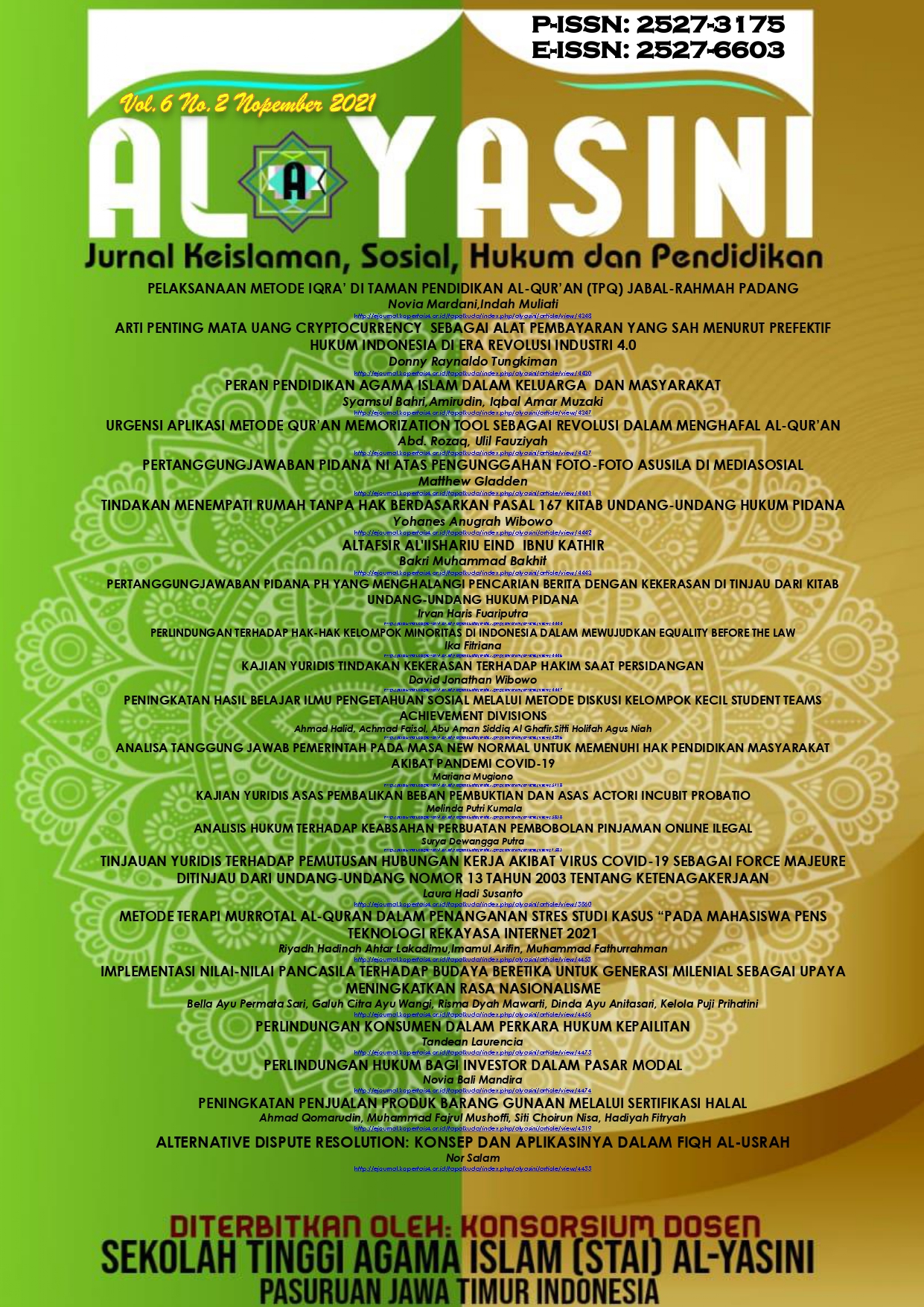

1.png)

